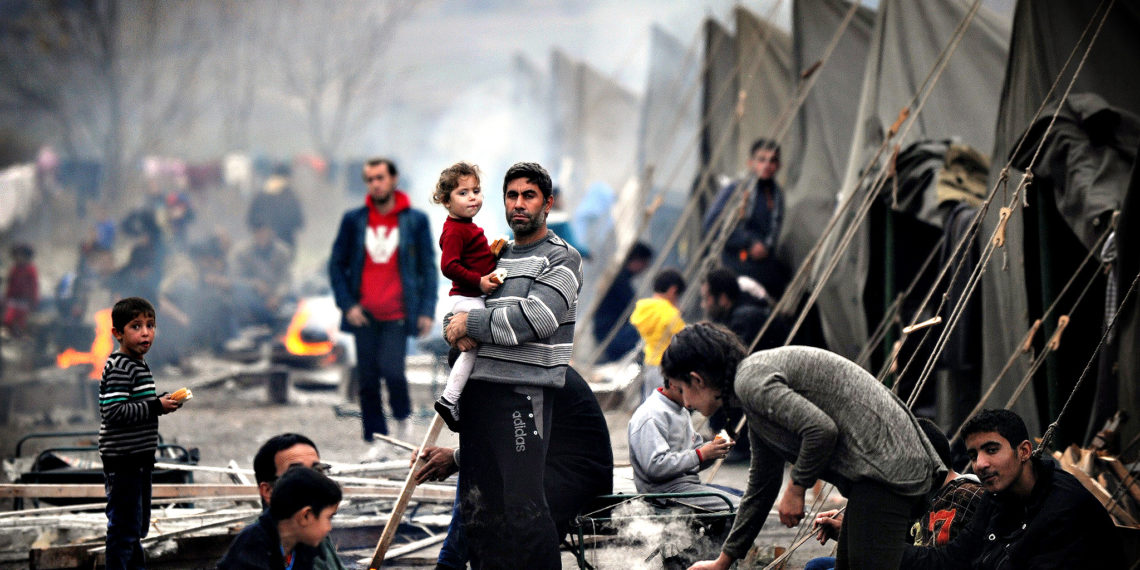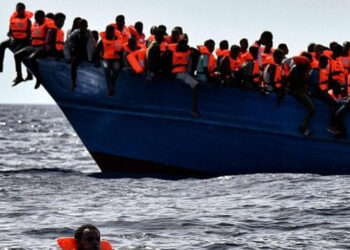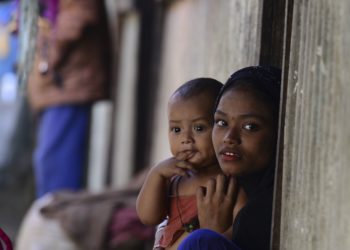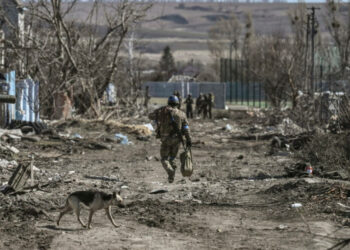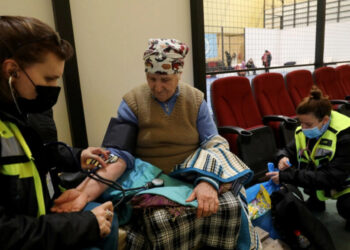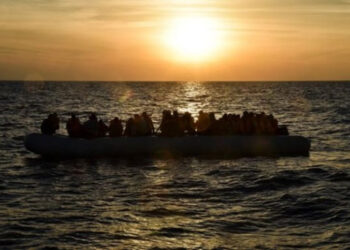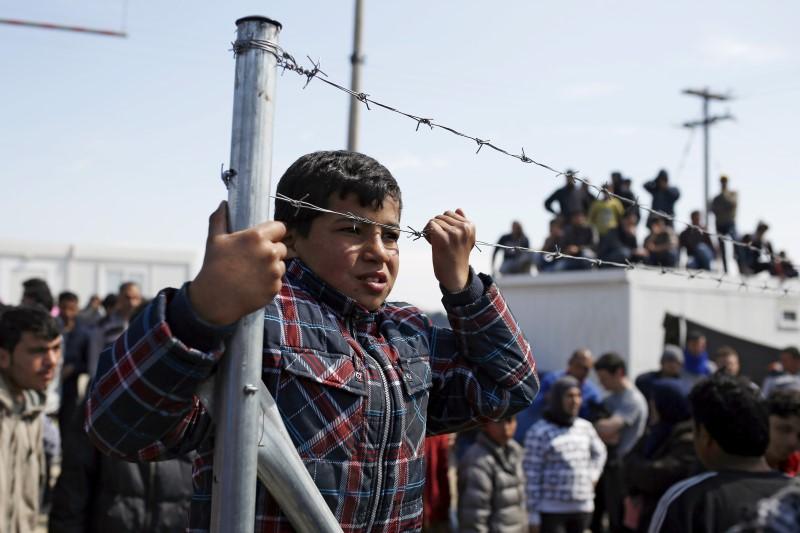As the coronavirus continues to spread around the globe, health experts are expressing fears that it could take a devastating toll on countries mired in wars, particularly among displaced populations.
In the Middle East, Iran is experiencing a serious outbreak of the virus – raising fears that it could spread throughout the region into neighboring countries that lack the health care resources necessary to cope with an outbreak.
“The coronavirus situation has served as a reminder and exposed the poor state of health systems in the region due to destruction by armed conflict, how governments have neglected public health, and how people have to make large out-of-pocket payments to access healthcare in the region,” Adam Coutts, an expert on public health in the Middle East at Cambridge University, told The Globe Post.
While Coutts said that Iran “has traditionally been viewed as probably the best health system in the region,” other countries in the region such as Iraq, Syria, and Yemen have “fragmented, underfunded and uncoordinated systems that … have been decimated by armed conflict.”
Heightened Risk
Reports of infections in these countries have so far been limited, but it’s difficult to discern if that is because the virus has not taken root or because monitoring has been inadequate.
In Nigeria, for example, there has so far been only one confirmed case of coronavirus.
“But you can imagine there are many more cases. The testing capacity in the United States, let alone in a low-income country or a fragile state, is extremely limiting,” Avril Benoit, the U.S. executive director of Doctors Without Borders (MSF), told Democracy Now Friday.
“We don’t know really where coronavirus is and that’s one of the things that’s really concerning us.”
If there were to be major outbreaks in fragile or war-torn countries, the worst affected could be refugees or internally displaced persons (IDPs), who are often confined to overcrowded camps that lack sanitation and have very limited health services.
“I think the case of the coronavirus has served to highlight how potentially vulnerable the millions of refugees and IDPs are from health crises in the region,” Coutts said.
As Benoit put it, “any situation where we have an outbreak in a crowded area is going to be deeply problematic to deal with,” adding that NGOs like MSF need “cheap, available, quick diagnostic kits” if they hope to stave off a crisis.
Cost a Barrier
The heightened risk for displaced people is not only confined to those who remain in war-stricken countries. For refugees who have been resettled in more stable countries, experts worry that costs could be a barrier to treatment or a potential vaccination.
“They had to leave everything behind … they have nothing left,” Benoit said, speaking of the millions of people who have fled the brutal war in Syria. “This vaccine should be affordable.”
While there is currently no available coronavirus vaccine, researchers around the world are racing to develop one.
In Lebanon – which hosts more than 1.5 million Syrian refugees – Coutts expressed concerns that the highly privatized nature of the healthcare system could pose a threat to refugees.
“I do not think there would be much of a willingness to monitor and contain an outbreak among refugees,” he said. “The private sector in Lebanon is not renowned for its services to national public health or refugees.”
In the United States, Health and Human Services Secretary Alex Azar refused to guarantee that the vaccine would be affordable to the general population in a hearing this week, arguing that a profit-motive is necessary to incentivize private-sector investment in developing a vaccine.
But experts say guaranteeing access to treatment and a vaccine is not only an urgent humanitarian concern, but is paramount to global public health as a whole.
Closed Borders
For refugees and migrants, there are also growing that the coronavirus outbreak could have residually negative impacts.
As the virus continues to spread worldwide, some reactionary political parties have called for governments to close their borders, fearing that migrants or refugees could bring in the virus.
In response to the virus, most countries have already implemented screening procedures for travelers arriving from certain locations.
In Italy and Greece, right-wing politicians have used the virus to call for additional crackdowns on migrants and refugees, concerns Coutts dismissed as “xenophobic nonsense.”
And in the U.S., some Republicans are calling for increased security measures at the Southern border.
“If borders start closing, if people cannot flee war, if people can not seek healthcare,” Benoit warned, “you can imagine that this coronavirus will spread even more.”
More on the Subject
Displaced From Idlib, Syrian Children Suffer Under Freezing Conditions


